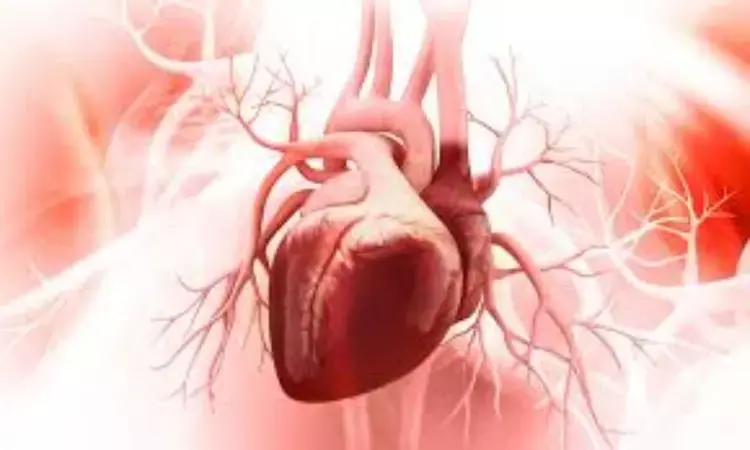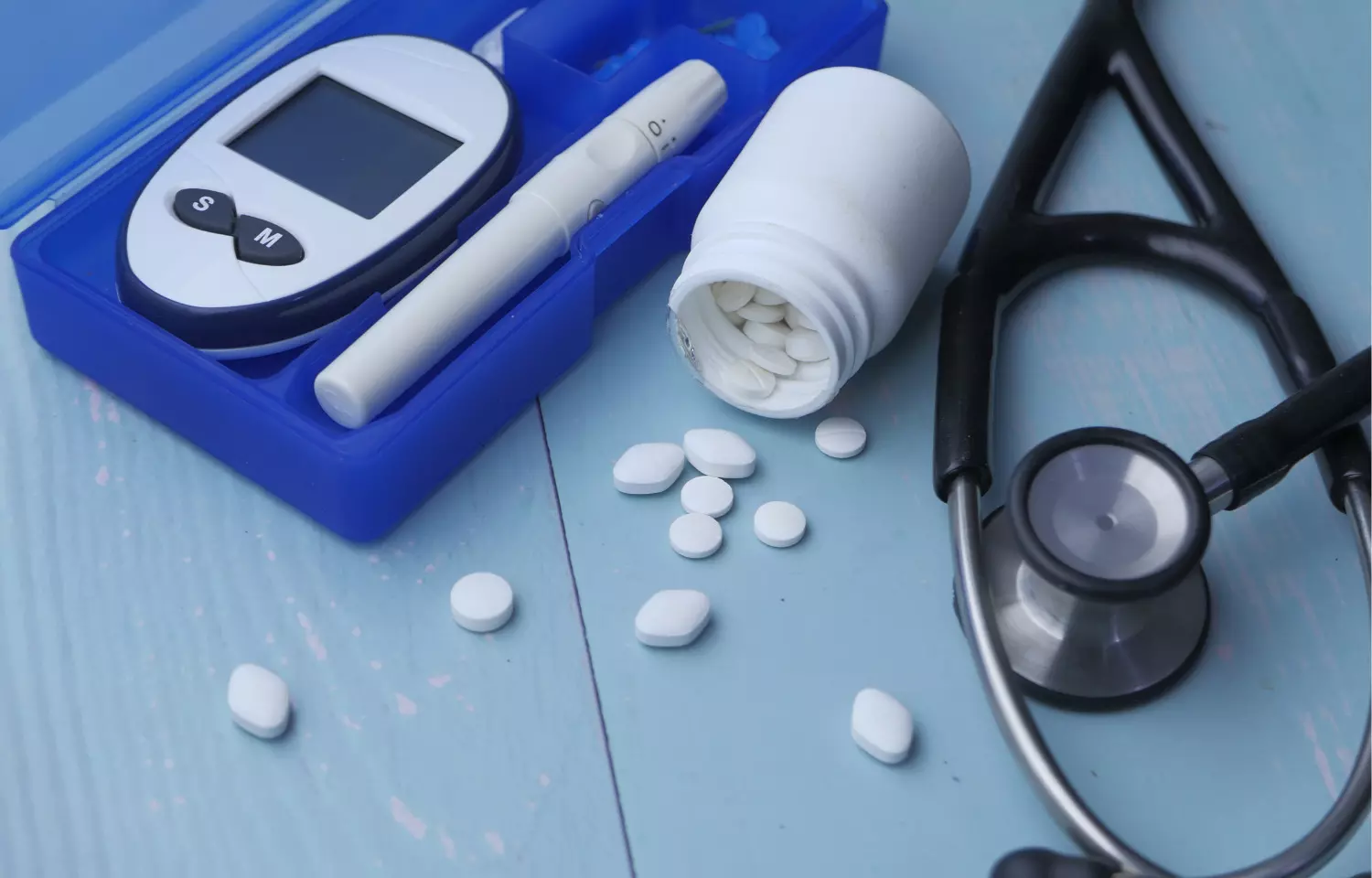- Home
- Medical news & Guidelines
- Anesthesiology
- Cardiology and CTVS
- Critical Care
- Dentistry
- Dermatology
- Diabetes and Endocrinology
- ENT
- Gastroenterology
- Medicine
- Nephrology
- Neurology
- Obstretics-Gynaecology
- Oncology
- Ophthalmology
- Orthopaedics
- Pediatrics-Neonatology
- Psychiatry
- Pulmonology
- Radiology
- Surgery
- Urology
- Laboratory Medicine
- Diet
- Nursing
- Paramedical
- Physiotherapy
- Health news
- Fact Check
- Bone Health Fact Check
- Brain Health Fact Check
- Cancer Related Fact Check
- Child Care Fact Check
- Dental and oral health fact check
- Diabetes and metabolic health fact check
- Diet and Nutrition Fact Check
- Eye and ENT Care Fact Check
- Fitness fact check
- Gut health fact check
- Heart health fact check
- Kidney health fact check
- Medical education fact check
- Men's health fact check
- Respiratory fact check
- Skin and hair care fact check
- Vaccine and Immunization fact check
- Women's health fact check
- AYUSH
- State News
- Andaman and Nicobar Islands
- Andhra Pradesh
- Arunachal Pradesh
- Assam
- Bihar
- Chandigarh
- Chattisgarh
- Dadra and Nagar Haveli
- Daman and Diu
- Delhi
- Goa
- Gujarat
- Haryana
- Himachal Pradesh
- Jammu & Kashmir
- Jharkhand
- Karnataka
- Kerala
- Ladakh
- Lakshadweep
- Madhya Pradesh
- Maharashtra
- Manipur
- Meghalaya
- Mizoram
- Nagaland
- Odisha
- Puducherry
- Punjab
- Rajasthan
- Sikkim
- Tamil Nadu
- Telangana
- Tripura
- Uttar Pradesh
- Uttrakhand
- West Bengal
- Medical Education
- Industry
Prothrombin time-international normalized ratio tied to increased all-cause mortality

New research revealed that high levels of prothrombin time-international normalized ratio (PT-INR) were associated with an increased risk of all-cause mortality. The study was published in the journal 'BMC Cardiovascular Disorders.'
PT-INR is a marker of coagulation abnormalities that are generally used for monitoring patients on oral anticoagulant therapy. There is no clear association between PT-INR and long-term prognosis among patients with coronary artery disease (CAD) without atrial fibrillation or anticoagulant therapy. So researchers from China conducted a study to analyze the association between PT-INR levels and long-term mortality in a large cohort of CAD patients without atrial fibrillation or using anticoagulant drugs.
Data from patients who were diagnosed with CAD and had follow-up information from 2008 to 2018 were included. Nearly 44,662 patients were included. All the included patients were divided into 4 groups. Quartile 1 had patients with PT-INR ≤ 0.96, Quartile2 had patients with 0.96 < PT-INR ≤ 1.01, Quartile3 had those between 1.01 < PT-INR ≤ 1.06, and Quartile4 had cases with PT-INR > 1.06. All-cause death was the main end point of measurement. the association between quartiles of PT-INR levels and long-term all-cause mortality was investigated using Kaplan–Meier curves analysis and Cox proportional hazards models.
Results:
- Out of the total participants, During a median follow-up of 5.25 years, 5613 (12.57%) patients died.
- a non-linear-shaped association between PT-INR levels and long-term all-cause mortality was observed.
- Patients with high PT-INR levels (Quartile4: PT-INR > 1.06) showed a significantly higher long-term mortality than other groups (Quartile2 or 3 or 4).
Thus, the researchers concluded that high levels of PT-INR were associated with an increased risk of all-cause mortality.
To read the full article, click here: https://doi.org/10.1186/s12872-022-02619-4
Liu L, Ying M, Chen S, et al. The association between prothrombin time-international normalized ratio and long-term mortality in patients with coronary artery disease: a large cohort retrospective study with 44,662 patients. BMC Cardiovasc Disord. 2022;22(1):297.
BDS, MDS
Dr.Niharika Harsha B (BDS,MDS) completed her BDS from Govt Dental College, Hyderabad and MDS from Dr.NTR University of health sciences(Now Kaloji Rao University). She has 4 years of private dental practice and worked for 2 years as Consultant Oral Radiologist at a Dental Imaging Centre in Hyderabad. She worked as Research Assistant and scientific writer in the development of Oral Anti cancer screening device with her seniors. She has a deep intriguing wish in writing highly engaging, captivating and informative medical content for a wider audience. She can be contacted at editorial@medicaldialogues.in.
Dr Kamal Kant Kohli-MBBS, DTCD- a chest specialist with more than 30 years of practice and a flair for writing clinical articles, Dr Kamal Kant Kohli joined Medical Dialogues as a Chief Editor of Medical News. Besides writing articles, as an editor, he proofreads and verifies all the medical content published on Medical Dialogues including those coming from journals, studies,medical conferences,guidelines etc. Email: drkohli@medicaldialogues.in. Contact no. 011-43720751




